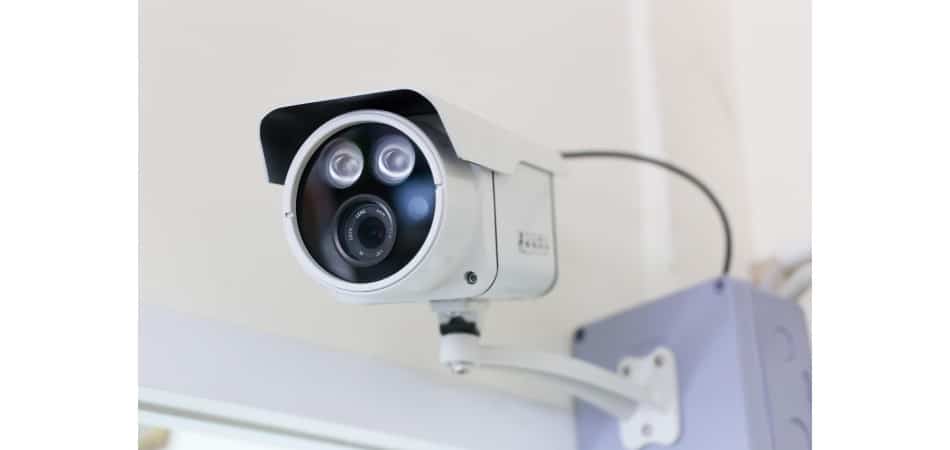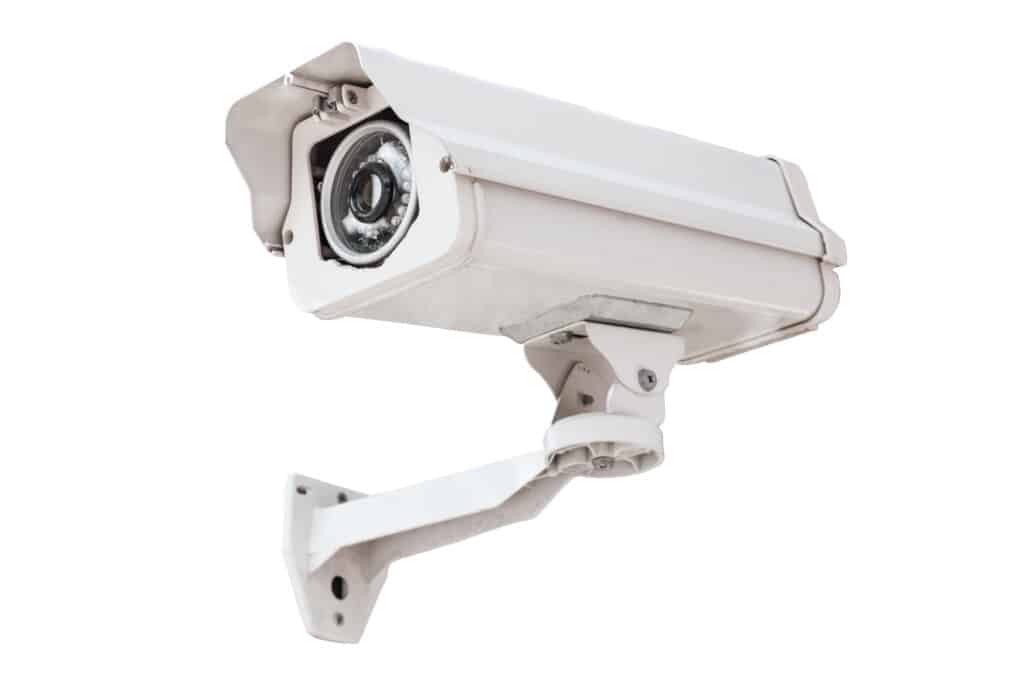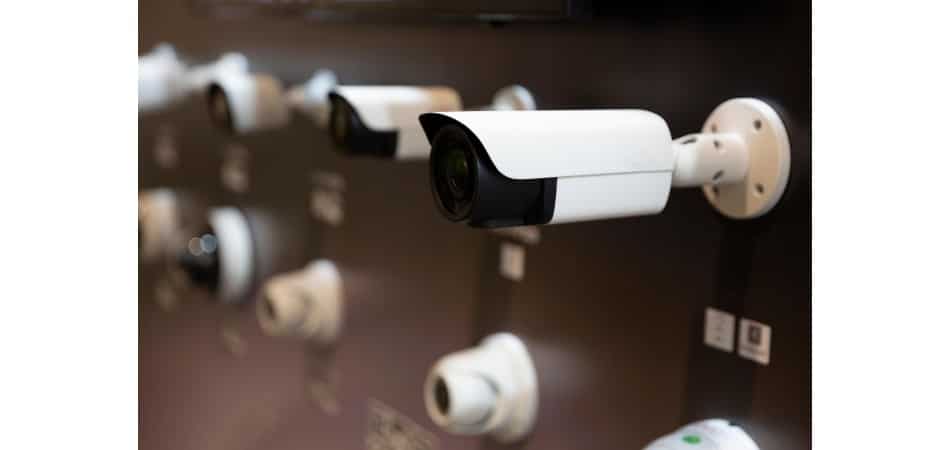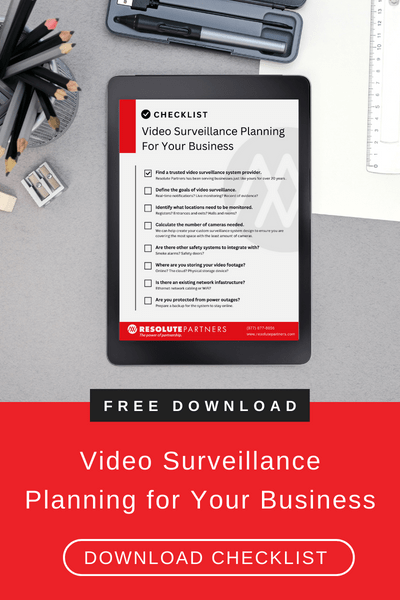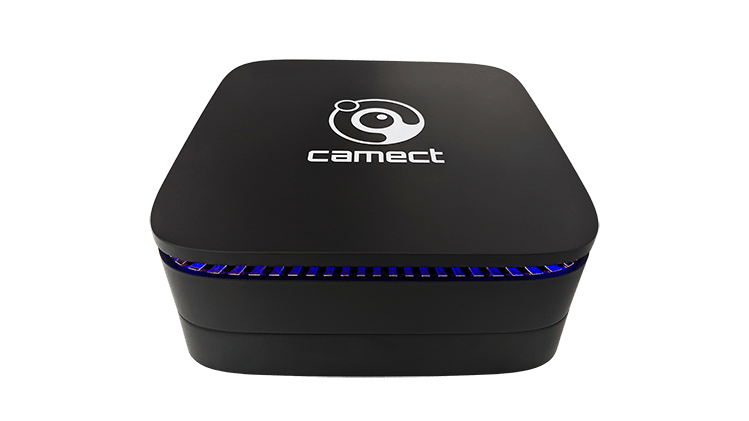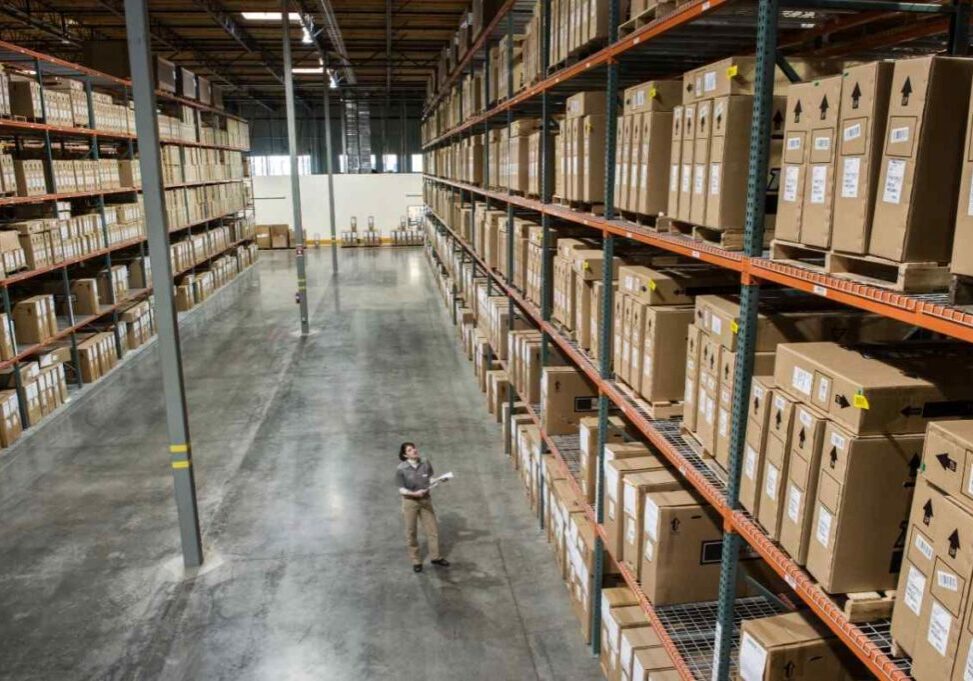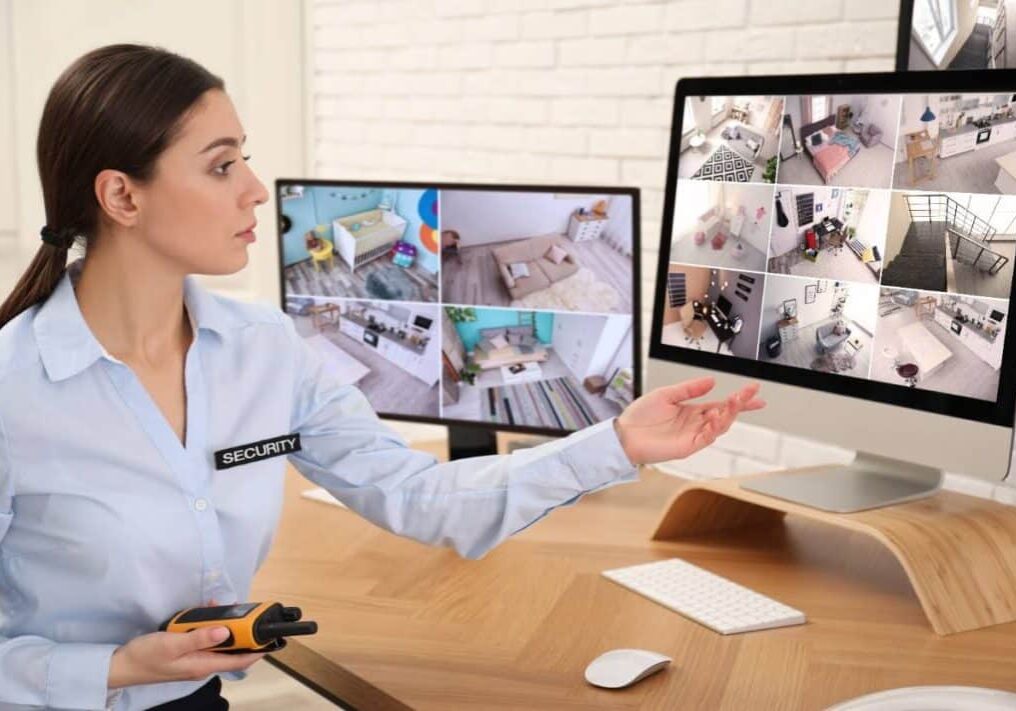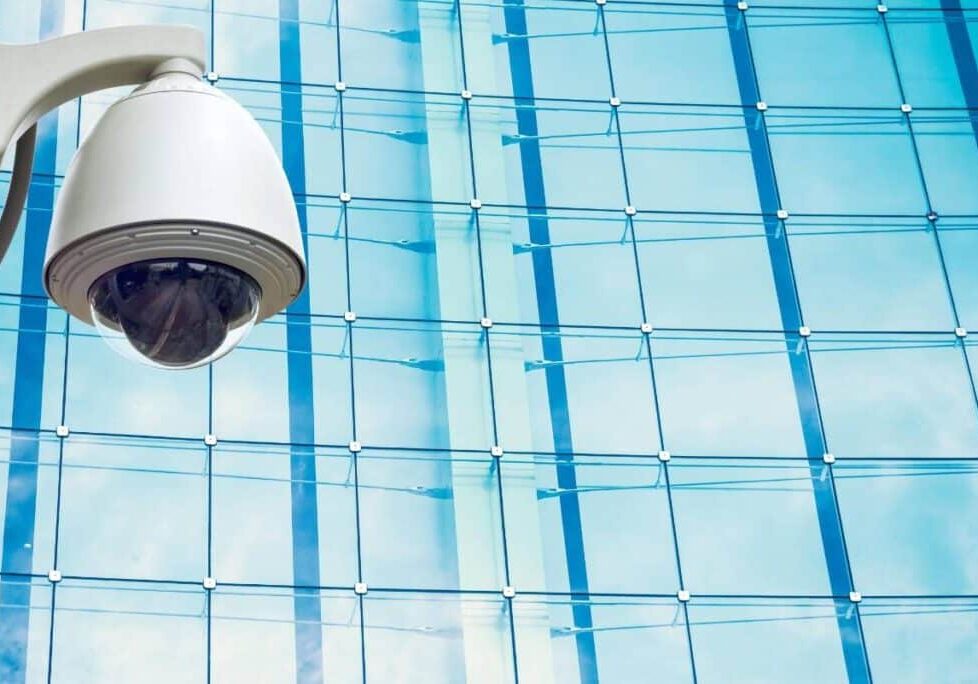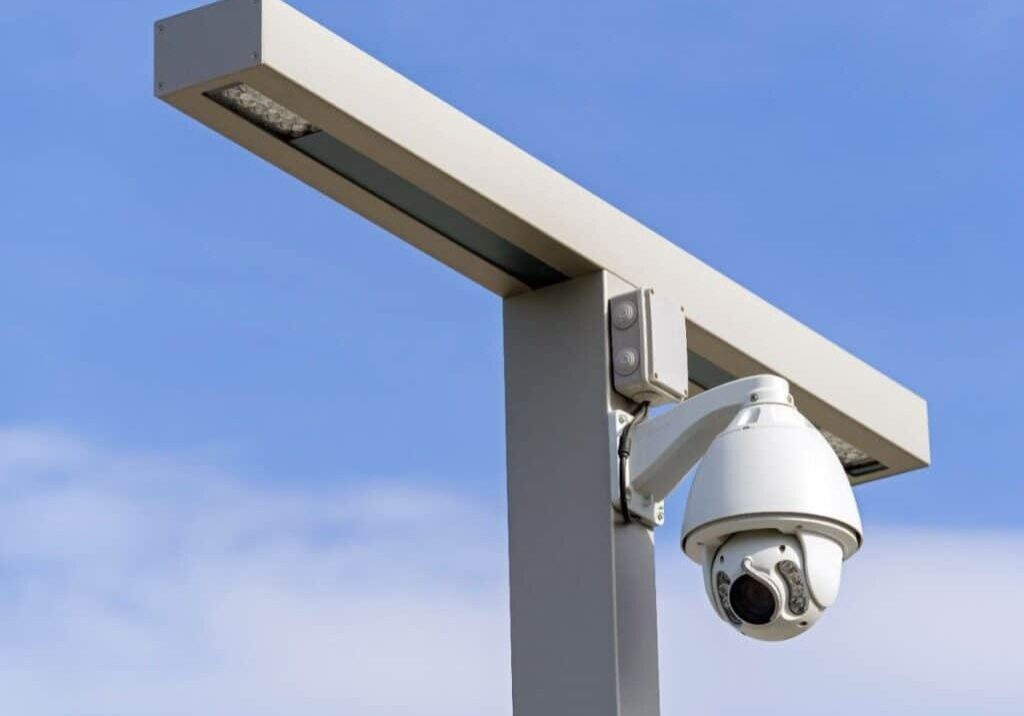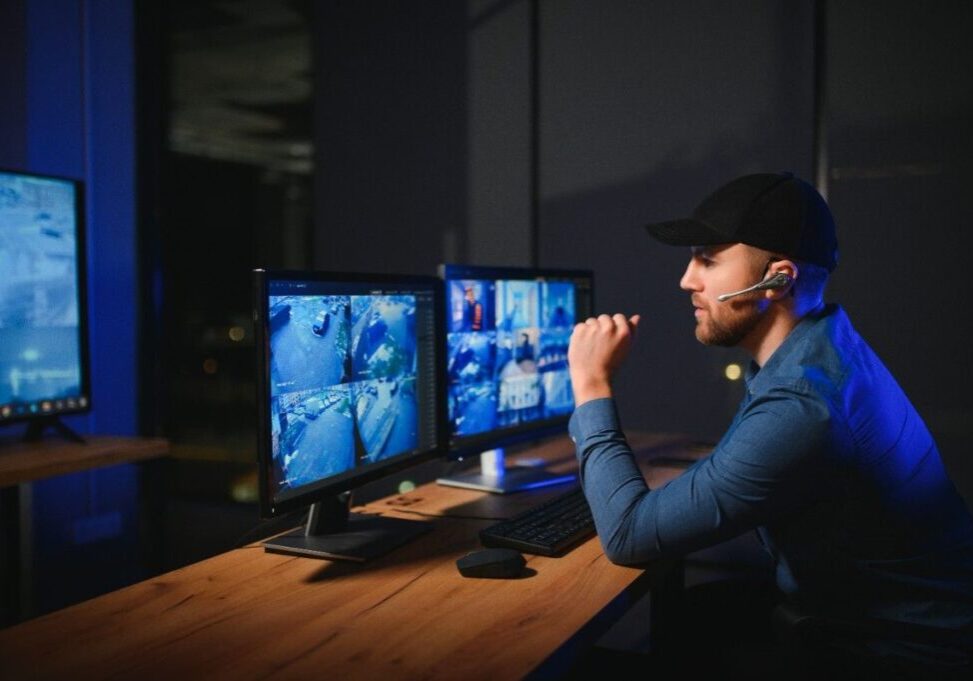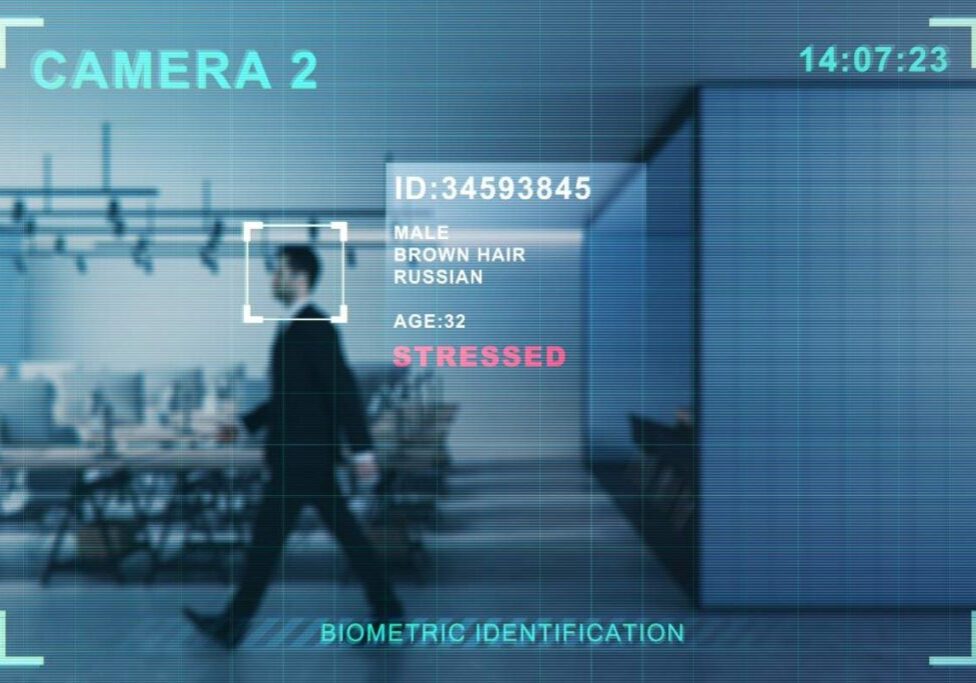Summary: CCTV systems are an investment that is worth making for the protection of your business. It not only stops stealing and protects your staff but also gives you a peace of mind. Select the cameras that match your environment, ensure they come with night vision as well as remote viewing, and look at it as a smart way to safeguard your business.
If you run a business, whether it’s a retail outlet, warehouse, office, or restaurant, you’ve likely had a few sleepless nights. One worry might have been a break-in or an employee being harassed when no one was watching. Protecting your business is a necessity, not just a “want.”
Security threats don’t give warnings. They show up unannounced. And when they do, you may have your finest defense sporadically mounted on your roof or positioned at the edge of the roof, a CCTV camera. Choosing the right one is not always straightforward. Different options for CCTV cameras, features, and the various types of CCTV cameras are the reasons why pinpointing the right system for your company may turn out to be a difficult job.
Why You Need a CCTV System for Your Business
You lock your doors. Get employees that you feel comfortable with, and even have alarm clocks. So why bother with CCTV?
Crime Deterrence That Works
At times, just the sight of a camera can scare a criminal. Overt surveillance acts as a constant reminder of the fact that one is always being watched. CCTV can be a very strong deterrent, whether it is a potential burglar who is surveying your storefront or an employee who thinks of committing dishonest acts.
Around-the-Clock Monitoring
Cameras do not have to sleep or even have lunch rests like your staff. They watch your business 24 hours a day, recording everything. You want to see live footage remotely, or you want to review what has occurred; a good CCTV security system will take care of you.
Protecting People and Assets
Cameras guard your most valuable assets, your people, in addition to preventing theft. Video evidence can help defend you in legal and ethical terms, as it can be used in cases of harassment claims, unsafe working conditions, and even slip-and-fall accidents. Cameras assist in the provision of a safer working environment in addition to the protection of your physical property.
Key Considerations When Choosing a CCTV System
All businesses do not require the same form of surveillance. A small boutique store won’t need as many cameras as a huge logistics center. The following are the ways of customizing your CCTV security system to your specific requirements.
Start with a Security Assessment
Walk through your facility with a critical eye. Are there blind spots? Hidden corners? Areas with expensive inventory or sensitive information? Write these down. A good system addresses specific risks rather than plastering cameras randomly.
Wired vs. Wireless: What Works Where?
- Wired networks are stable and provide quality footage. They are suitable in large buildings with established infrastructure, but they are expensive to install.
- Wireless systems are also adaptable and less complicated to install, particularly for a small company. However, they rely on strong Wi-Fi and can be less effective in interfering environments.
These are both viable; it all depends on your building layout, your network capacity, and your expansion strategies.
Types of CCTV Cameras for Business Security
This is where we get down to business. The kind of CCTV cameras that you use can either break or make your security surveillance system. Let us deconstruct the most popular ones to use in the business.
Dome Cameras
These are covert cameras that are mostly installed in the interior. Their shape being a dome, it is difficult to guess which way they are facing, and this is an added advantage. Ideal in retail stores and office settings, dome cameras are widely angled in their coverage and are easily adaptable to most settings.
Bullet Cameras
Bullet cameras are also a necessity in the case of your business having any outside premises, such as parking lots or loading docks. They are visible in that cylindrical shape (they are considered an advantage in deterrence) and are very effective in monitoring long distances, even in the dark.
PTZ Cameras (Pan, Tilt, Zoom)
Need eyes on a large space? A PTZ camera provides you with the ability to remotely control the view, sideways, vertically, and you can zoom in on something. They can serve well at warehouses, event centers, or any other business that requires a flexible cover.
Dual-Head Cameras
Dual-head cameras are often installed in small corridors or back corridors as they cover two directions at once. The cost of them is also affordable; you get the two perspectives at the cost of a single installation.
Multi-Head and 360° Cameras
Are you looking to cover a vast area or floor with just a few devices? Multi-head and fish-eye cameras provide a view without dead angles from 270 to 360 degrees. They are most effective in places like open office layouts and huge display areas.
Fisheye Cameras
These are panoramic cameras and are ideal in case of a high ceiling or a large floor of a retail store. All they capture is one broad field and may be digitally de-warped at playback to give fine details.
Essential Features of an Effective CCTV System
A camera is only as good as what it can do. We shall see the characteristics that make a CCTV system business-grade rather than a basic one.
Remote Monitoring
See your cameras wherever you want: your phone, tablet, or laptop. You may be out of town or perhaps in another department, but you are still in charge of real-time access.
Scalability
Planning to grow? Select a system that is compatible with your growth. The inclusion of cameras should not imply the beginning of a new era.
Storage Options
- Local Storage: This is stored in physical drives, which are reliable; though, they can be lost in a fire or theft.
- Cloud Storage: It is secure and accessible anywhere off-site.
- Hybrid Storage: The optimal redundancy with all the benefits.
Night Vision
In most cases, criminals attack in the darkness. Low-light and IR cameras will make sure you do not go blind.
System Integration
A tremendous security surveillance solution is compatible with other alarms, door sensors, and access controls. When connected, all your security is a smoothly running machine.
Planning CCTV Installation
Installing a CCTV system is not only a technical task but also a strategic one.
Prioritize Coverage Areas
Entrances, exits, parking lots, storage rooms, and cash registers- these are the most vulnerable spots. Start here.
Professional vs. DIY Installation
- Professional: You have professional placement, clean wiring, and warranted functionality.
- DIY: Less costly, yet having a risk of blind spots, low coverage, or a technical malfunction.
If you’re unsure, a middle-ground can be used: you can get the services of specialists in the critical areas, and a lower-priority device can be installed by yourself.
AI and Smart Features
Modern systems can do more than record. Look for AI features like facial recognition, license plate tracking, and motion-based alerts. They help you respond faster and make smarter decisions.
Budgeting for a CCTV System
Let’s be honest, cost matters. But it’s not just about the sticker price.
What Affects Cost?
- Camera type: PTZ and 360° cost more than basic domes.
- Number of units: More cameras = higher cost.
- Building structure: Hard-to-wire locations raise installation fees.
- Environmental factors: Harsh weather or high temperatures may require special equipment.
Get the Best Value
Do not get into the trap of getting the poorly built system just because of its price structure. Look at the long-term savings from theft prevention, lower insurance costs, and operational insight. Personalize as an investment, not as an expense.
Benefits of a Well-Designed CCTV System
So, what’s the real payoff? The following are the benefits that a good CCTV system can bring on board:
- Prevention: prevents crime at its beginning.
- Employee Safety: Creates a safer, fairer workplace.
- Asset Control: Tracks stock and restricted access.
- Legal Protection: Video evidence is capable of cushioning your company during lawsuits.
- Productivity: Makes operations lean and staff responsible.
Conclusion: Your Business Deserves Better Eyes
Security goes beyond locks and alarms. It is all about awareness, prevention, and peace of mind. The selection of the appropriate CCTV system implies a selection of smarter processes, safer places, and more unknowns. Take the time to evaluate your needs. There are many types of CCTV cameras available, so don’t cut corners when it comes to the security of what you have created. Don’t know how to create the most suitable system for your business?
Resolute Partners provides business-level CCTV surveillance systems that are designed to meet your industry, area, and objectives. Contact us and make the first step towards smarter security.
FAQs

Michael S. Blanco is the Chief Executive Officer and Co-Founder of Resolute Partners, LLC, where he leads strategic initiatives across various divisions. After owning family entertainment centers in New England, he co-founded Resolute Partners in 1996, launching the first Internet cafés for the U.S. Navy and partnering with AT&T for global deployment. A pioneer in wireless communications, Michael has expanded the company’s focus to include Energy Management/IoT, Cybersecurity, and Managed Video Security. He holds a degree from the Rochester Institute of Technology.
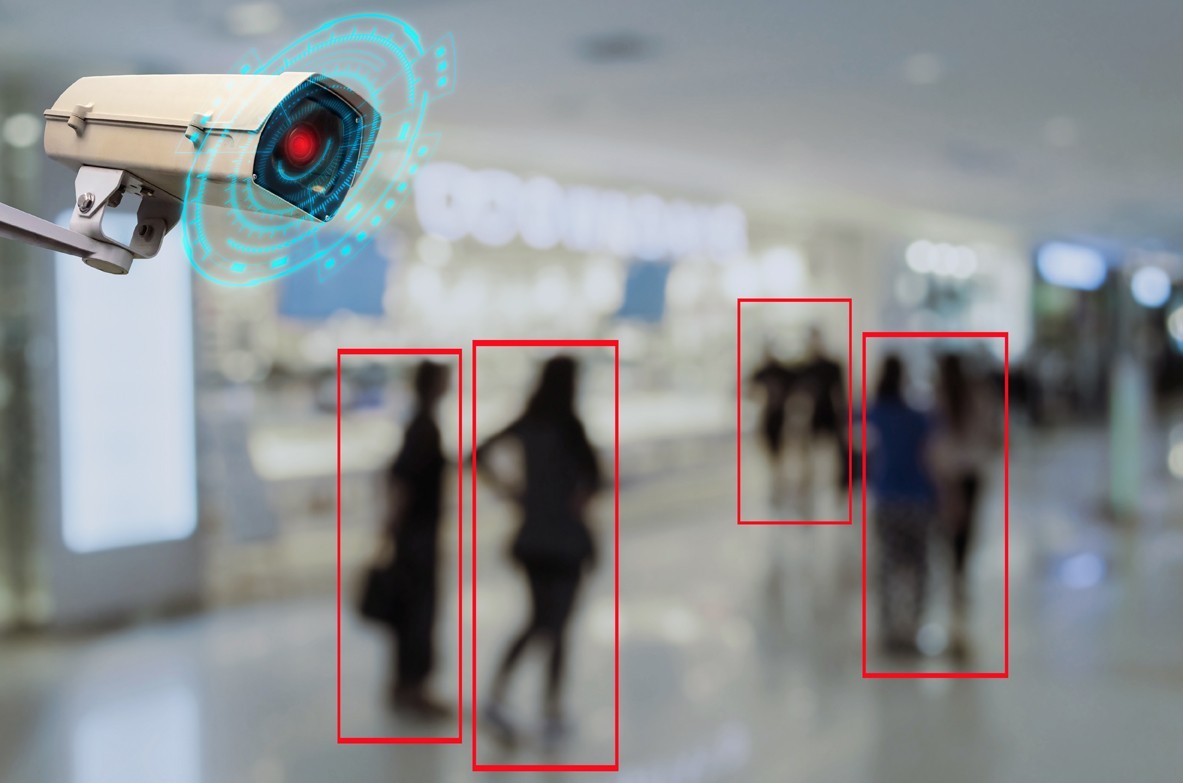
Stay up to date.
Subscribe for latest news, protection tips, special offers, and more!


